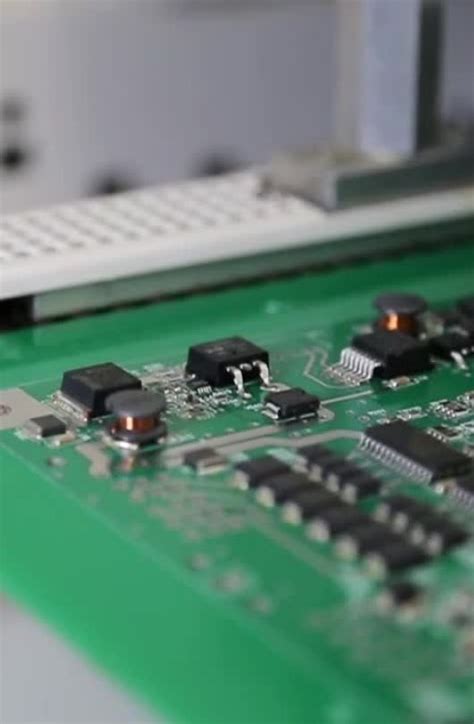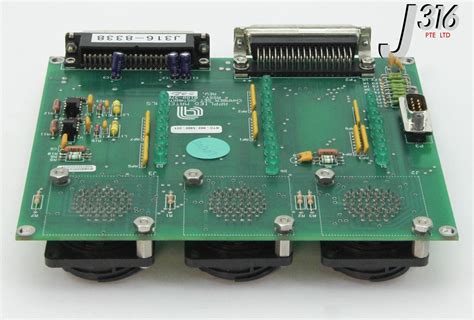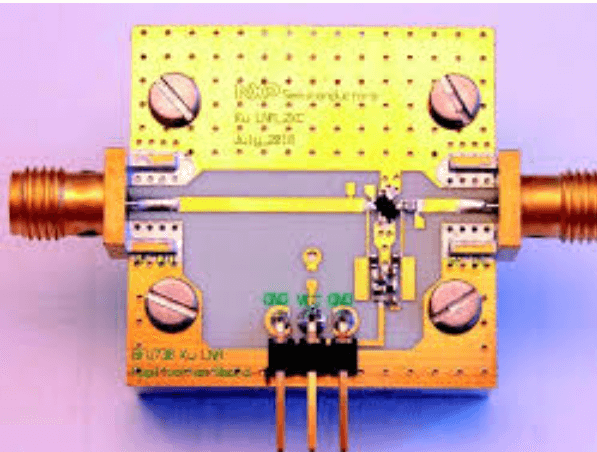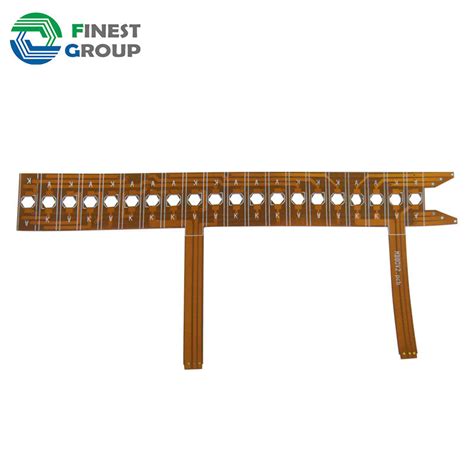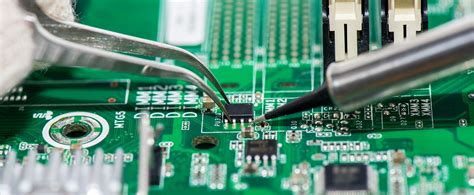Effortless Solutions with Turnkey PCB Assembly Services
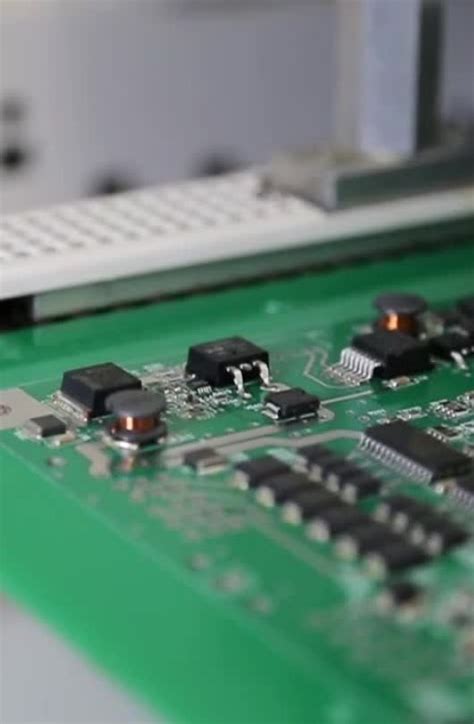
Key Takeaways
Understanding Turnkey PCB Assembly Services is crucial for anyone involved in electronics manufacturing. These services offer a streamlined approach to pcb assembly, allowing companies to outsource the entire process from design to production. This comprehensive overview highlights how turnkey solutions can significantly reduce both time and costs associated with pcba projects. By integrating multiple stages of production—such as sourcing materials, assembly, testing, and packaging—turnkey services simplify operations while ensuring high-quality results.
| Advantages of Turnkey PCB Assembly Services | Description |
|---|---|
| Time Efficiency | Reduces project timelines by consolidating steps. |
| Cost Effectiveness | Minimizes overhead by combining various services. |
| Quality Assurance | Adheres to stringent industry standards, ensuring reliable outcomes. |
| Enhanced Communication | Provides a single point of contact for easier project management. |
By choosing a turnkey PCB assembly service, businesses can focus on their core competencies while trusting that their pcb assembly needs are handled with expertise. With the added advantage of scalability, these services allow companies to adjust their production volumes according to market demand without compromising on quality.
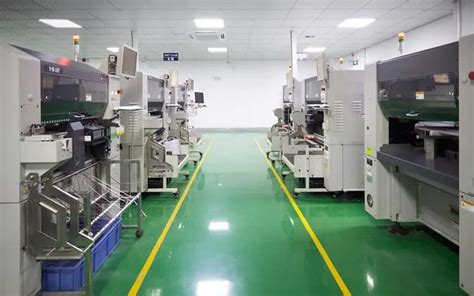
Understanding Turnkey PCB Assembly Services: A Comprehensive Overview
Turnkey PCB assembly services provide a streamlined approach to electronics manufacturing, encompassing all stages from design to production. In a world where efficiency and speed are paramount, these services offer distinct advantages by managing the entire PCBA process under one roof. Rather than coordinating multiple suppliers and vendors, companies can consolidate their efforts by partnering with a provider that handles everything, simplifying project management. This integrated approach not only enhances communication but also drastically reduces lead times, allowing products to reach the market faster. Additionally, turnkey services often come with built-in expertise and advanced technology, ensuring that the production meets high standards of quality and performance. The combination of cost-effectiveness and quality assurance makes turnkey PCB assembly an appealing choice for businesses looking to optimize their manufacturing processes while maintaining competitive edge. Ultimately, these services offer a comprehensive solution that caters to the needs of modern electronic development, affording companies the freedom to focus on innovation rather than logistics.
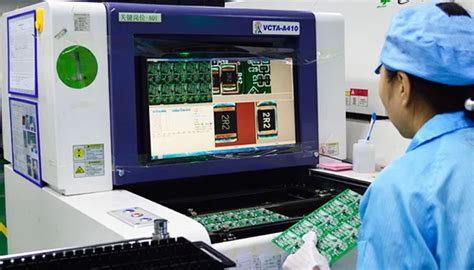
The Benefits of Choosing Turnkey Solutions for PCB Assembly
Opting for turnkey PCB assembly services presents numerous advantages that can significantly impact the efficiency and quality of your electronics manufacturing projects. First and foremost, these services provide a holistic approach to PCB assembly by managing the entire process—from design to production and final testing. This one-stop solution means that businesses can save valuable time, as coordination between multiple vendors is minimized, allowing for faster project turnaround. Additionally, the expertise that comes with a dedicated service provider typically ensures that the PCBA is completed to a high-standard, reducing the likelihood of errors or rework. This not only leads to a more streamlined production process but also helps in cutting down costs associated with delays or defective products. Furthermore, by utilizing these services, companies can leverage advanced technologies and templates that have already been tried and tested in previous applications. Ultimately, choosing turnkey solutions for PCB assembly can lead to enhanced overall project release times, cost efficiency, and higher quality outcomes critical for maintaining competitive advantage in today’s fast-paced market.
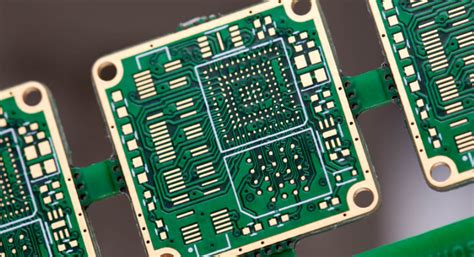
Step-by-Step Guide to the Turnkey PCB Assembly Process
When it comes to turnkey PCB assembly services, the process is designed to streamline production and minimize complexities associated with printed circuit board (PCB) manufacturing. Initially, the process begins with design validation, where you provide your project specifications and requirements. This is followed by component sourcing, which involves selecting reliable suppliers for the necessary materials and parts, ensuring that every element meets quality standards.
Once components are secured, the assembly begins. During this stage, a qualified team utilizes advanced machinery to assemble the PCBA (Printed Circuit Board Assembly). Key processes include soldering components onto the board and integrating testing protocols that check for functionality throughout the assembly phase. These measures are vital as they help in identifying potential issues early on.
Next, a thorough quality assurance phase is conducted. This includes a series of checks and tests aimed at confirming that each unit meets both production standards and your unique project specifications.
Finally, the completed assemblies undergo final inspection before they are packaged and shipped to you. This comprehensive approach not only ensures that you receive a high-quality product but also simplifies your workflow by reducing lead times and overall production costs.
“By opting for turnkey solutions, clients can focus on their core business goals while leaving production complexities to experts in pcb assembly.”
In summary, embracing a structured turnkey PCB assembly process equips businesses with efficient production capabilities and high-quality outcomes tailored to their needs.
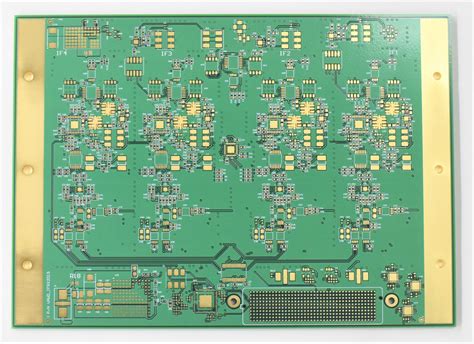
How Turnkey Services Enhance Efficiency in Electronics Manufacturing
Turnkey PCB assembly services are instrumental in streamlining the manufacturing process within the electronics industry. By integrating various stages of production into a single, fluid operation, these services significantly reduce the complexity and time involved in bringing a product from concept to reality. Clients benefit from having access to PCBA experts who manage everything from component sourcing to final assembly, thus allowing internal teams to focus on their core competencies. This shift not only accelerates production timelines but also minimizes errors associated with miscommunication or oversight when various suppliers are involved. Moreover, employing a turnkey approach often leads to optimized supply chain management, as these service providers maintain strong partnerships with component manufacturers and logistics firms. Consequently, businesses can enjoy substantial cost savings and better resource management. Ultimately, the transition to turnkey PCB assembly solutions can serve as a catalyst for enhanced efficiency and innovation, allowing companies to adapt swiftly to market demands while ensuring that quality standards are consistently met throughout the manufacturing process.
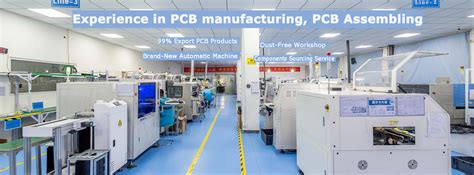
Cost Reduction Strategies with Turnkey PCB Assembly
In the world of electronics manufacturing, turnkey PCB assembly services have emerged as a pivotal solution for companies seeking to optimize their production processes. One of the primary advantages of utilizing these services is the significant cost reduction they offer. By consolidating various stages of pcb assembly into a single package, businesses can eliminate redundancies, streamline operations, and ultimately reduce overhead expenses. For instance, when companies partner with a turnkey service provider for their pcba, they gain access to bulk purchasing power for components, which can lead to substantial savings on materials. Moreover, the efficiency gained through integrated management of the assembly process minimizes labor costs and expedites time-to-market. Additionally, enhanced communication between design and manufacturing teams contributes to fewer errors and reworks, further mitigating costs associated with typical production challenges. By focusing on these strategic savings opportunities within turnkey PCB assembly, organizations can ensure better resource allocation while maintaining high-quality output in their projects. Ultimately, adopting a comprehensive approach not only drives down expenses but also fosters innovation and responsiveness in an increasingly competitive landscape.
Ensuring Quality: Standards and Practices in Turnkey PCB Assembly
In the realm of turnkey PCB assembly, maintaining high standards and practices is paramount to achieving success in any electronics manufacturing project. Quality assurance starts with meticulous design validation, which ensures that the printed circuit board assemblies (PCBAs) meet the specified requirements before production begins. This initial phase is crucial as it lays the groundwork for a seamless assembly process. Next, employing advanced manufacturing techniques and stringent inspection processes further enhances the quality of the end product. Techniques such as Automated Optical Inspection (AOI) and X-ray inspection play significant roles in detecting defects early in production, significantly reducing waste and downtime. Furthermore, certifications such as ISO 9001 demonstrate a commitment to quality management systems that adhere to industry standards. By implementing these rigorous quality control measures, manufacturers of pcb assembly services can guarantee that each project not only meets client expectations but also complies with necessary regulatory standards. In doing so, they cultivate trust and satisfaction among their clientele while driving overall efficiency in electronics production.
Real-world Applications: Success Stories of Turnkey PCB Solutions
In various industries, turnkey PCB assembly services have played a pivotal role in transforming ideas into tangible products, streamlining the development process significantly. A notable success story comes from the medical device sector, where a startup sought to develop a sophisticated monitoring system. By utilizing turnkey solutions for PCB assembly, they not only accelerated their production timeline but also achieved a remarkable reduction in manufacturing costs. The pcb assembly process was simplified through these all-in-one services, allowing the team to focus on innovation rather than logistics.
Similarly, in the automotive industry, a prominent manufacturer adopted turnkey PCBA solutions to produce essential electronic components for their latest vehicles. This integration of services not only enhanced their production efficiency but also helped maintain strict standards for quality control. As a result, they were able to deliver reliable products while significantly cutting down on operational overhead.
These examples highlight how businesses are leveraging turnkey PCB assembly services to meet market demands swiftly and effectively. With comprehensive management of every stage in the design and production pipeline, including sourcing materials and assembly processes, companies can minimize time-to-market while capitalizing on cost efficiency and high-quality standards. The success stories from various sectors underscore the potential these modern electronic manufacturing solutions hold for driving innovation forward.
Future Trends in Turnkey PCB Assembly Services
As the landscape of electronics manufacturing continues to evolve, turnkey PCB assembly services are poised to play a crucial role in shaping the industry. One of the most significant trends is the increasing demand for customization in PCB assembly projects. With advancements in technology, manufacturers are finding ways to offer more tailored solutions that cater to specific client needs, enabling more efficient production runs. Additionally, the integration of smart technology and Internet of Things (IoT) applications into the assembly process is enhancing operational efficiency. These innovations allow for real-time monitoring and automatic adjustments, resulting in improved output quality and reduced error rates in pcba processes.
Moreover, sustainability is becoming a central theme, with many companies focusing on eco-friendly materials and practices within their turnkey solutions. This shift not only meets growing consumer expectations for environmentally responsible products but also drives companies toward greater operational efficiencies.
Finally, as global competition intensifies, turnkey PCB assembly services are also adopting more agile methodologies. This includes strategies such as lean manufacturing principles that streamline production processes to respond quickly to market demands while minimizing waste and reducing costs associated with pcb assembly. These trends demonstrate how the future of turnkey services is being shaped by innovation, sustainability, and responsiveness—critical factors that will define successful electronics manufacturing operations moving forward.
Conclusion
In summary, turnkey PCB assembly services offer a streamlined approach to the development and production of electronic assemblies. By integrating various stages of the PCB assembly process—from design to manufacturing and testing—these services help businesses maximize efficiency and reduce overall project timelines. Opting for a turnkey solution means that companies can outsource their entire PCBA needs, allowing for a more focused investment of resources into their core business activities. Furthermore, this comprehensive approach often leads to significant cost reductions, as it minimizes the complexities associated with managing multiple vendors and ensures that all aspects of production are aligned with industry standards. Ultimately, these services not only promise high-quality results but also provide a degree of flexibility that is essential in today’s rapidly changing technology landscape. As industries continue to embrace innovation, understanding the strategic advantages of turnkey PCB assembly becomes increasingly vital for maintaining a competitive edge.
FAQs
What is a turnkey PCB assembly service?
A turnkey PCB assembly service refers to a comprehensive solution where the entire process of PCB assembly is managed by a single provider, from design and manufacturing to assembly and testing. This means customers receive a finished product without needing to coordinate with multiple suppliers.
What are the advantages of using turnkey solutions for PCB assembly?
The main advantages include time savings, reduced errors, and cost efficiency. By utilizing turnkey solutions, you can streamline your production process, ensuring that all components are sourced and assembled in an optimized workflow.
How does the turnkey PCB assembly process work?
The process typically involves several stages: initial consultation, design review, component sourcing, PCB manufacturing, assembly, quality testing, and shipment. Each stage is carefully managed to ensure that the final product meets specific standards.
What cost reduction strategies are associated with turnkey PCB assembly?
Cost reductions can be achieved through bulk purchasing of components, minimized logistics costs by having a single supplier manage the entire process, and reduced labor expenses since fewer hands are involved in production.
How can you ensure quality in turnkey PCB assembly?
Ensuring quality involves adhering to industry standards through rigorous testing protocols. A reliable turnkey PCB assembly provider will implement quality control checks at each stage of production to guarantee high-quality results.

